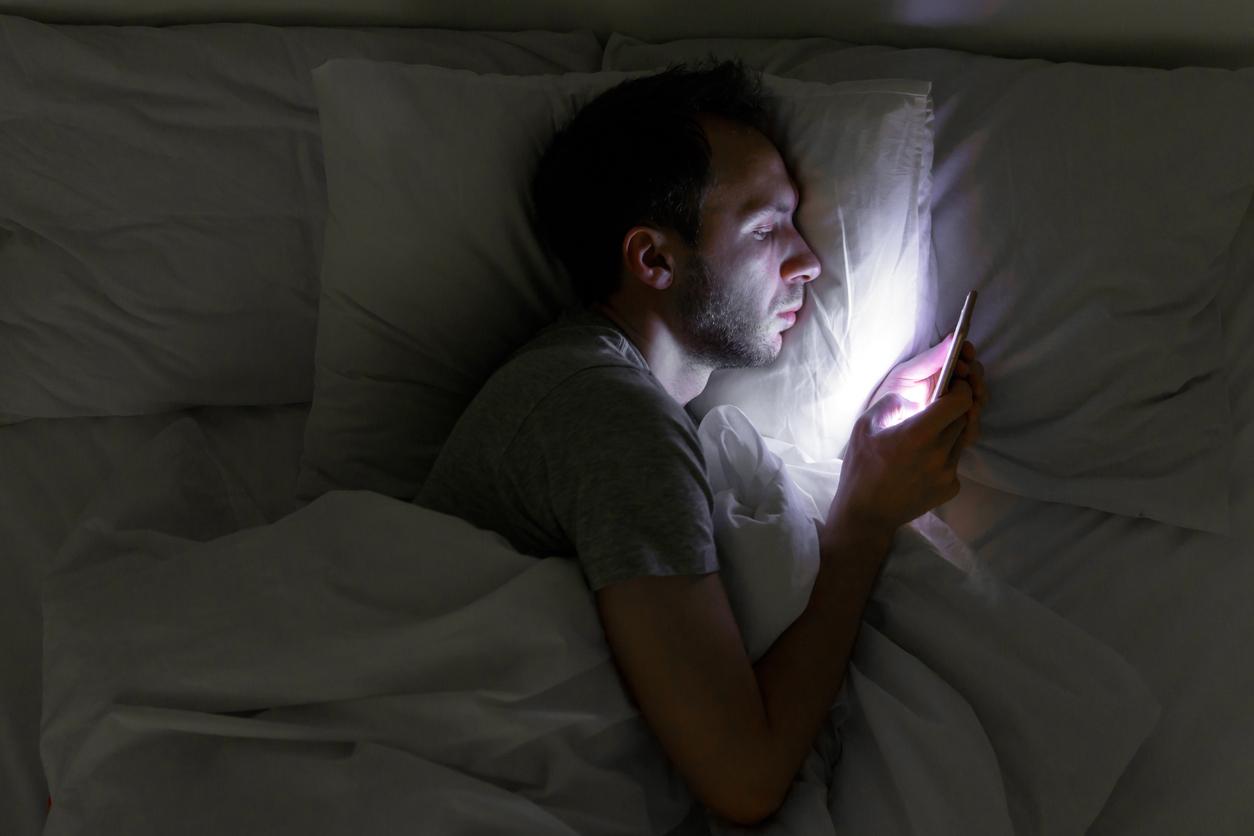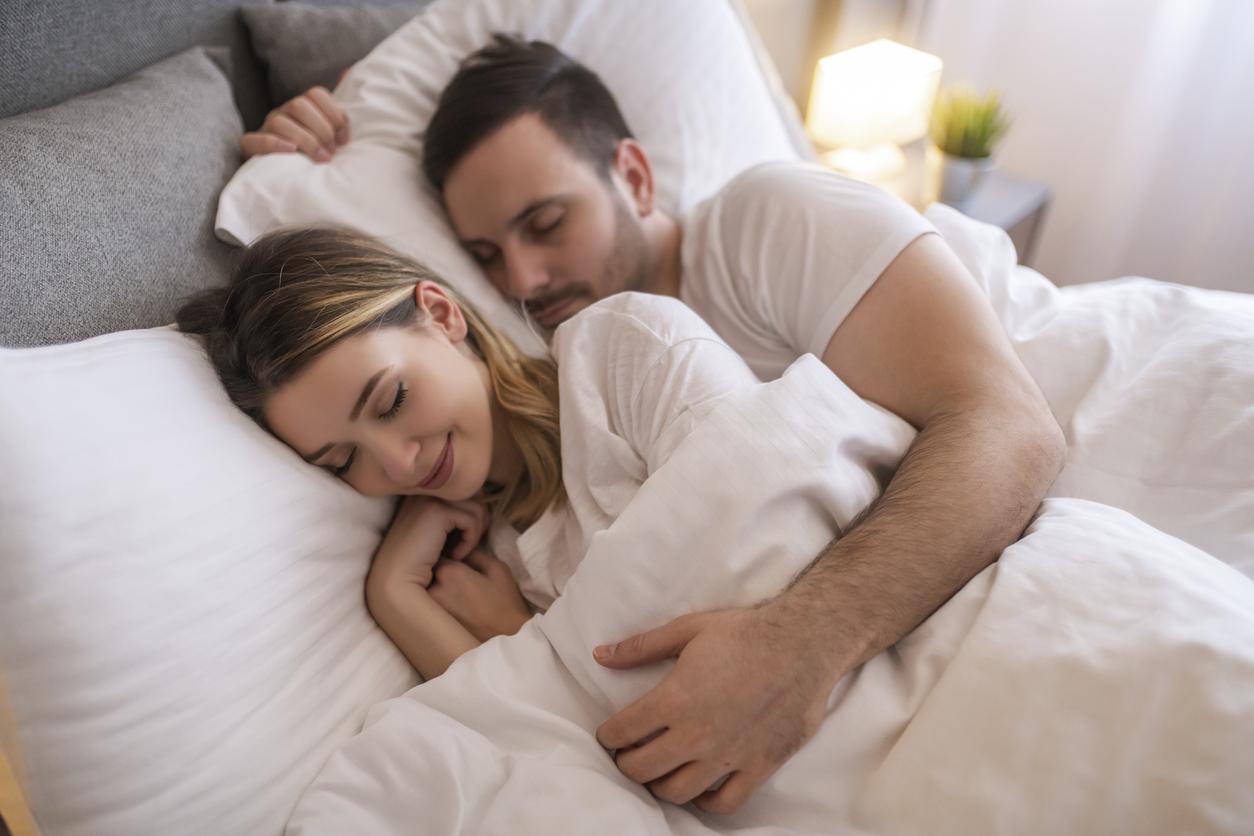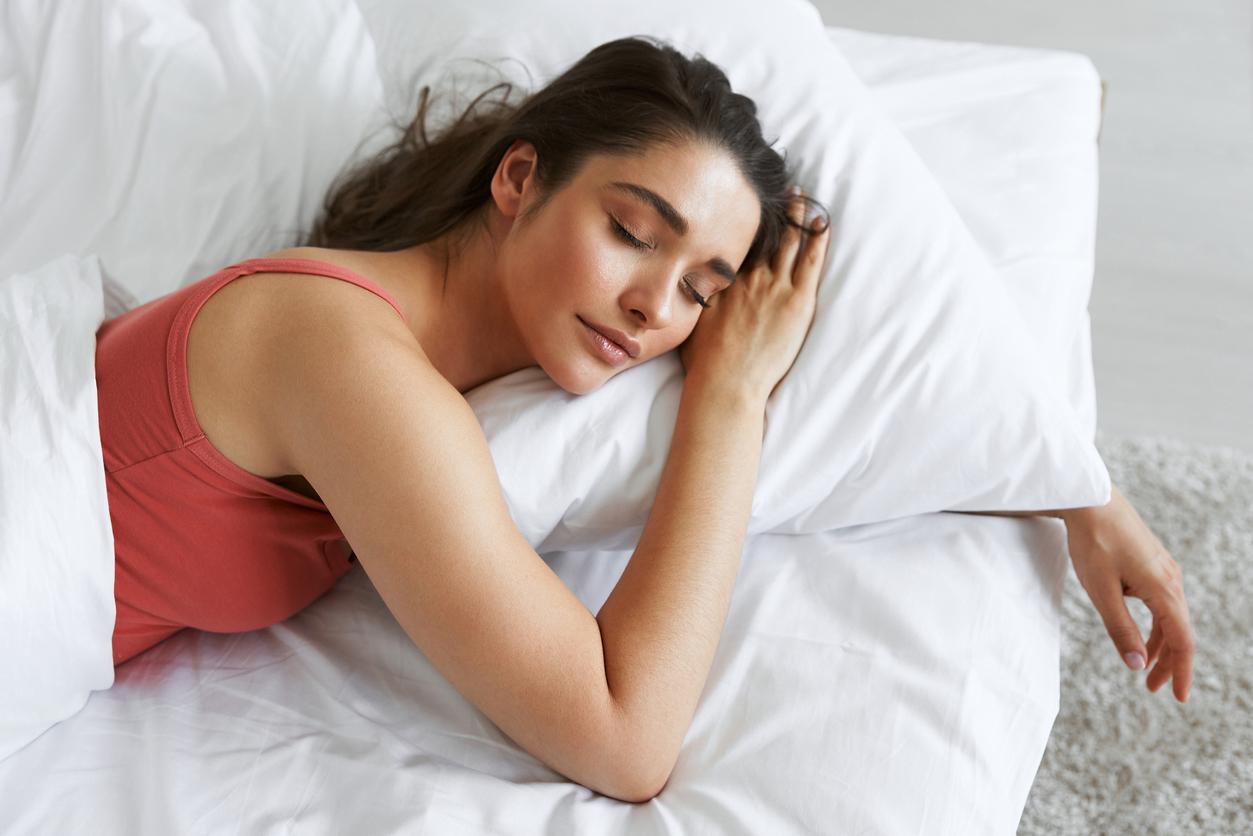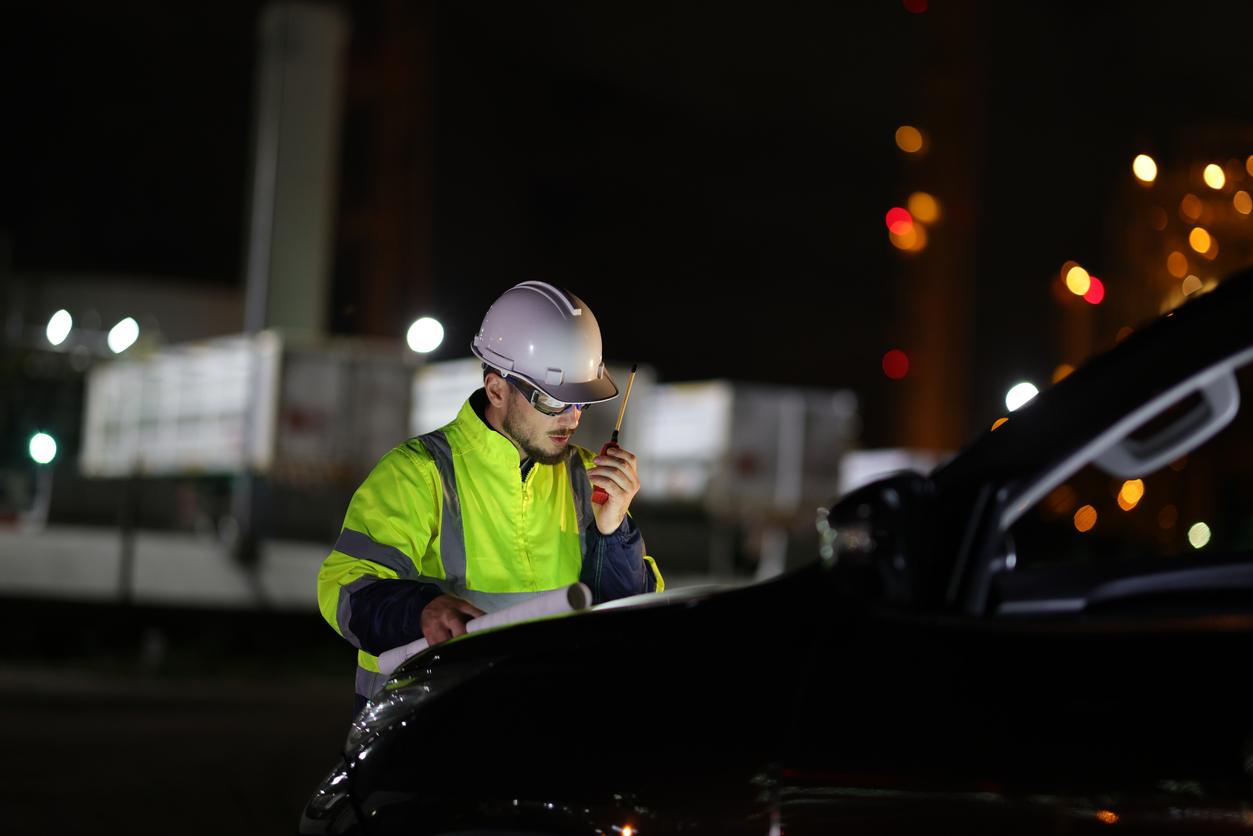
nocturia
Some people wake up continuously during the night because they have to urinate. It is a common urological phenomenon called nocturia. The causes are often medical, but it can also simply be caused by drinking too much.
Nocturia is one of the best-known causes of poor sleep. Having to go to the toilet again and again is disastrous for your sleep rhythm. After all, you no longer sleep through those nighttime outings. As a result, you will eventually lose sleep.
Definition
Nocturia has many definitions. In the Netherlands, people generally speak of nocturia when someone regularly has to urinate twice a night. However, some people need to get out of bed more than four times a night.
Wrong moment
People with nocturia urinate at the wrong time, as it were. It is not a disease in itself, but is caused by other diseases or behavior. For example, you can get nocturia if you drink a lot in the evening before going to sleep. This causes the kidneys to work overtime at night. As a result, you occasionally have to get out of bed to pee. Medical conditions that can lead to nocturia include sleep problems, brain disorders, prostatic hypertrophy, diabetes and heart weakness. The use of certain medications can also affect nighttime urination.
Growing prostate
Men with prostatic hypertrophy, for example, have a growing prostate. This is a benign process and is common in men over the age of fifty. A first effect of this enlargement is that you have to go to the toilet more often. Also at night.
With heart weakness, the blood is pumped less well. The result of this can be fluid buildup, also called edema. When you sleep, you lie in a horizontal position. Gravity no longer exerts pressure on your legs and the fluid is absorbed into the blood. So no fat legs, but the kidneys remove the fluid from the blood and bring it to the bladder. Resulting in nighttime urination.
especially the elderly
About 13 percent of adults have nocturia. It can affect both men and women at any age. The problem increases as you get older. Especially between the 50th and 70th year of life the night trips increase; to 22 percent in men and 43 percent in women. In general, nocturia is more common in women over 55 years of age with health problems.
Treatments
Not everyone who suffers from it finds the condition annoying. Nevertheless, nocturia can leave its mark. You will notice a disturbed sleep in the long run. You become cranky, depressed, and feel the need to catch up on sleep during the day. Your concentration decreases and as you get older your short-term memory can fail you.
Treatment may be desired. Sometimes a diary helps. This will give you insight into your lifestyle and drinking pattern. If it turns out that your drinking behavior is the reason for the nightly toilet visits, you can change this. If nocturia is due to another condition, it will disappear if that condition is treated.















